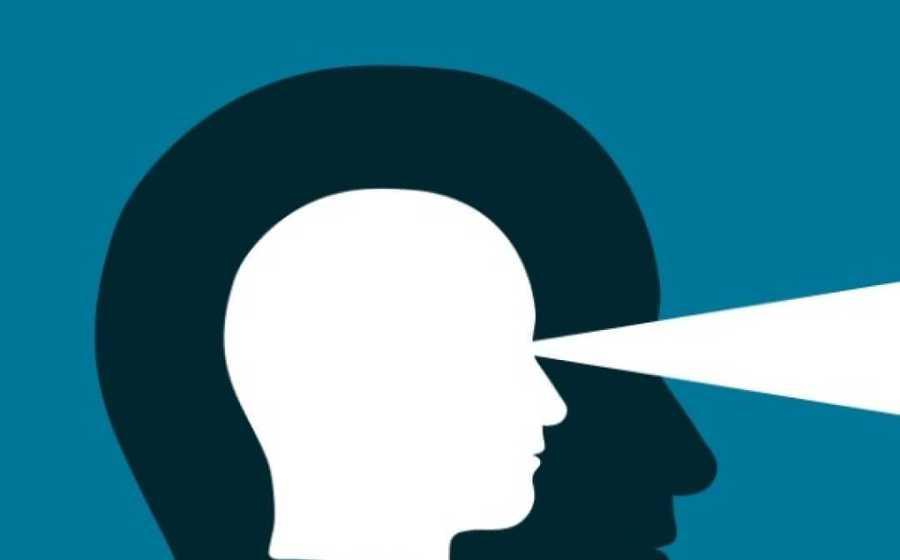Decisions Using Our Instinct
Business leaders often make important decisions that defy any logical analysis. This process may be termed as a gut instinct, a hunch, or an inner voice.
Our emotions and feelings may be an essential component of a good decision, which is often neglected in the calculative methods usually deployed to solve complex problems.
234
1.11K reads
CURATED FROM
IDEAS CURATED BY
The idea is part of this collection:
Learn more about problemsolving with this collection
How to create a productive workspace at home
How to balance work and personal life while working remotely
How to maintain focus and motivation while working remotely
Related collections
Read & Learn
20x Faster
without
deepstash
with
deepstash
with
deepstash
Personalized microlearning
—
100+ Learning Journeys
—
Access to 200,000+ ideas
—
Access to the mobile app
—
Unlimited idea saving
—
—
Unlimited history
—
—
Unlimited listening to ideas
—
—
Downloading & offline access
—
—
Supercharge your mind with one idea per day
Enter your email and spend 1 minute every day to learn something new.
I agree to receive email updates
